Holocaust Survivor, Part 2
If you haven’t read part 1 of Helen’s story. Read it here first.
Narrowly Escaped Death
Helen narrowly escaped death at Auschwitz. However, she was not free. Yet. The note given to the SS officer saved Helen, her sister Pearl, and 500 other women from walking straight to the crematorium. But seeing the cattle cars waiting didn’t evoke feelings of being free. “I saw the long train of cattle cars. We were told to load in them, ninety to a hundred people to a car. We didn’t know where we were going.” The labor camp at Nuremburg WAS their destination. And not another death camp. Thankfully.
Bombs Began Dropping
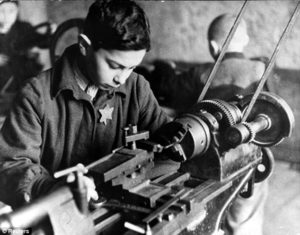 Helen and Pearl were put to work as engineers in a factory. “We made motors for airplanes*. I didn’t know what I was doing. The SS officers told us we must be careful and exact, because the motor would sound different if we made a mistake. And the enemy would hear us. If we did make mistakes, we were told we would be killed on the spot for sabotaging.” Within a month, bombs began dropping on the Dachau Concentration Camp in Nuremberg, Germany where Helen and Pearl were being held as prisoners. “The bombs dropped day and night.” Helen and Pearl’s barracks were “smathered to pieces,” Helen remembers. While the barracks were being rebuilt, they stayed in bunkers. In the bunkers, Helen met a captured American soldier who didn’t speak German. And she didn’t speak English. Despite the language barrier, Helen sensed the Americans were coming closer after an American soldier moved his finger on a map from America toward Germany. This information filled her with hope. * Helen later learned the Siemens factory was where she made motors for airplanes. Reports name the Siemens company as profiting from slave laborers during the Holocaust. See article here.
Helen and Pearl were put to work as engineers in a factory. “We made motors for airplanes*. I didn’t know what I was doing. The SS officers told us we must be careful and exact, because the motor would sound different if we made a mistake. And the enemy would hear us. If we did make mistakes, we were told we would be killed on the spot for sabotaging.” Within a month, bombs began dropping on the Dachau Concentration Camp in Nuremberg, Germany where Helen and Pearl were being held as prisoners. “The bombs dropped day and night.” Helen and Pearl’s barracks were “smathered to pieces,” Helen remembers. While the barracks were being rebuilt, they stayed in bunkers. In the bunkers, Helen met a captured American soldier who didn’t speak German. And she didn’t speak English. Despite the language barrier, Helen sensed the Americans were coming closer after an American soldier moved his finger on a map from America toward Germany. This information filled her with hope. * Helen later learned the Siemens factory was where she made motors for airplanes. Reports name the Siemens company as profiting from slave laborers during the Holocaust. See article here.
Did As We Were Told
After three months at the Dachau concentration camp, the SS officers told the prisoners they were moving. The constant bombing had become too much. At the new location, Helen and Pearl endured more forced labor. “We worked on four different machines, making little pieces of steel. We didn’t know what they were for, but we did as we were told.” After another three months, the SS officers told the prisoners they were moving, because the Americans and Russians were coming closer. “We elected a woman who spoke German and Jewish to be our spokeswoman. She told them we weren’t going. She told them we are not walking hundreds and hundreds of miles. We wouldn’t make it. They insisted we were going. She told them they’d have to kill us.” “The bickering went back and forth until they finally left us alone,” Helen remembers.
Prisoners Were Liberated
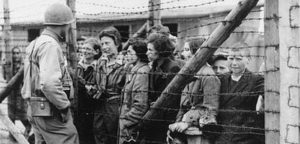
Three days later, in April of 1945, Helen and the other prisoners were liberated by American troops. “God sent them. There is no other way,” Helen says with tears in her eyes. She remembers all the prisoners hugging and kissing. “I weighed about seventy pounds when we were liberated.” “The Americans brought doctors and nurses and food and clothing. We weren’t used to eating. Some people ate so fast and so much that their stomachs couldn’t take it. Some died. Whatever we needed, they gave it to us. They housed us in apartments.”
The most poignant moment of my interview occurred when Helen said, “At Auschwitz, they treated us like animals. The Americans made us human beings again.” I struggle to process the magnitude of her statement. Even now, a month after my interview with her, I find it difficult to type those words.
Remembering her father’s words to go where you were born if you survive, Helen was desperate to find any relatives who also survived the Holocaust. Helen and her friend, Mein, hitchhiked to Munich, Germany. She found several people she knew when she was young, but she didn’t find her family. Two weeks later, a young man who worked for Helen’s father reunited Helen with her younger brother Irwin. “He struggled with typhoid fever, but survived,” she says before hesitating for a moment. Her love for her brother shines in her eyes when she continues, ” I still talk to him every Sunday morning. He’s 87 years old.”
Met Another Holocaust Survivor
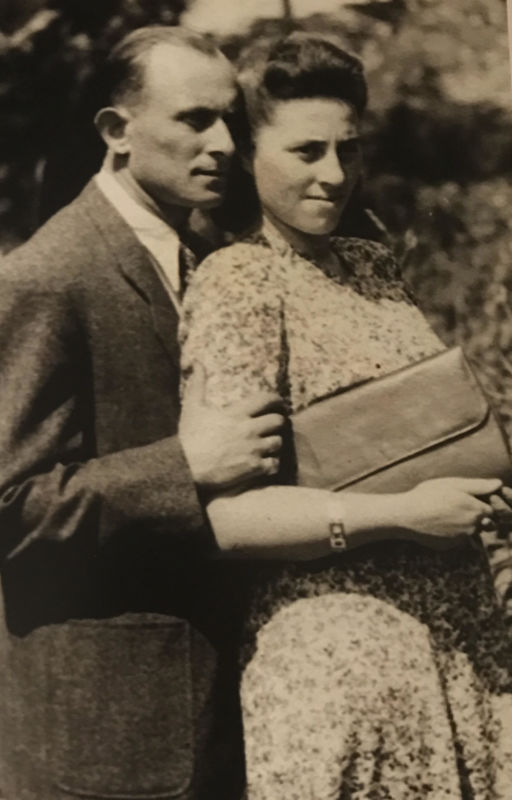 Helen and her sisters lived in an apartment in the German town of Rehau in Bavaria. Before long, she met another Holocaust survivor, Jack Weinstein, who endured four years in concentration camps. By 1946, Helen and Jack were married. Their son, Sal, was born two years later.
Helen and her sisters lived in an apartment in the German town of Rehau in Bavaria. Before long, she met another Holocaust survivor, Jack Weinstein, who endured four years in concentration camps. By 1946, Helen and Jack were married. Their son, Sal, was born two years later.
U.S. President Harry Truman learned of the poor living conditions of “displaced persons/wartime refugees” in a report by Earl G. Harrison, U.S. Commissioner of Immigration and Naturalization. The last sentence of the Harrison report stated, “The civilized world owes it to this handful of survivors to provide them with a home where they can again settle down and begin to live as human beings.” Truman acted by inviting 200,000 displaced persons/wartime refugees to immigrate to America. Helen, Jack, and Sal were among those selected.
“The best thing is to come to the United States. I can’t tell you the happiness we felt coming into this country, a free country, of not being afraid of the Nazis. I remember passing by the Statue of Liberty,” Helen shares. A family in Ohio helped them settle into an apartment. “I worked for a seamstress who owned her own business, and she passed it along to me when she retired. I earned a high school diploma while I was working for her. About that same time, we had a daughter we named Susan.” Helen became a U.S. citizen five years after immigrating to the United States. “I worked as a seamstress for 30 years until I had glaucoma. I couldn’t sew anymore, because I was blind. Oh yeah . . . I lost my teeth when I was 30 years old, because we didn’t have any toothbrushes to brush our teeth while we were in the concentration camps.” Helen and Jack were married 50 years before he passed away.

Couldn’t Burden Them
Helen began speaking to school children about being a Holocaust survivor long before she told her own children. When I asked her why she and Jack didn’t tell their children, she replied, “I couldn’t burden them with that. It was just too much.” Sal and Susan, Helen’s children with families of their own, learned about all Helen endured and how she survived the Holocaust when she spoke at the Breman Museum in Atlanta several years ago.
Click here to see a video of Helen sharing her story. In addition, the Breman Museum published a short book about Helen’s life titled I Must Tell My Story.
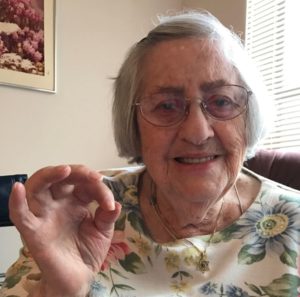
A Holocaust Survivor
Helen IS a survivor. A Holocaust survivor. And she wants people to know it really happened. “Speaking to the school children helps me. I tell them to stay in school. To study hard, because they can be whatever they want to be. No one can take away their education. Like the Nazis took everything away from me. I see Auschwitz in front of my eyes every day. You can’t go on hating. You can’t. I know God had a purpose for my life.” The lesson she learned from surviving the Holocaust is simple: “Live! Because I wasn’t going to live.”
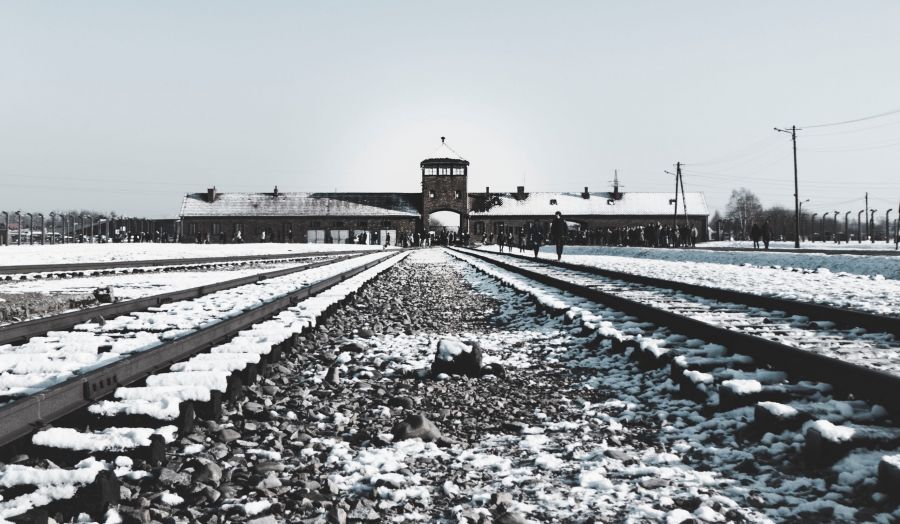

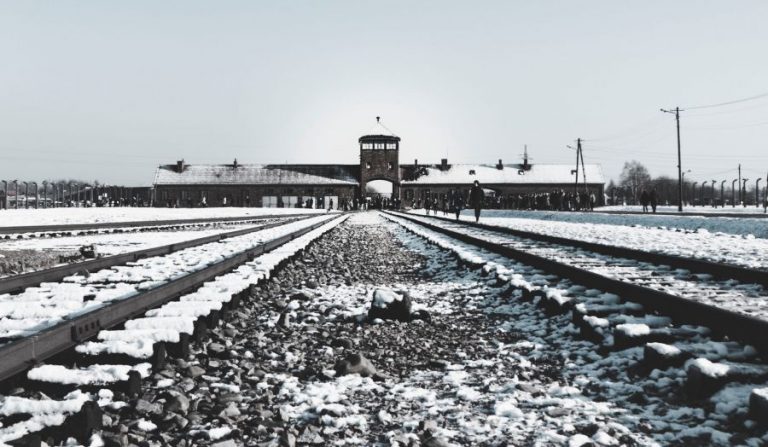
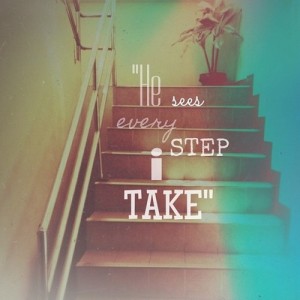
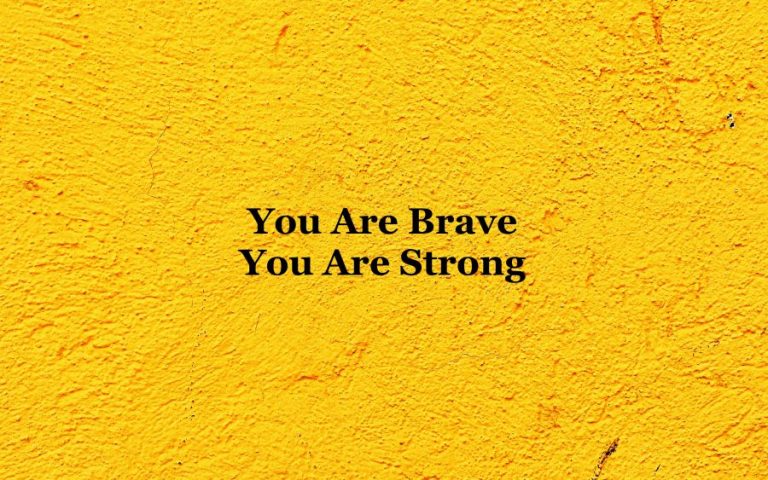
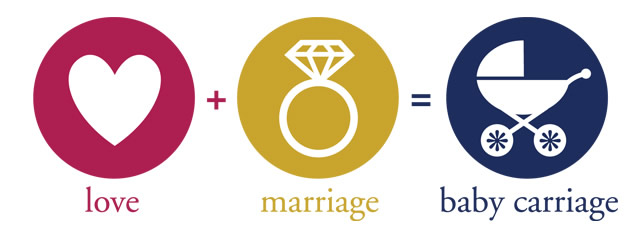
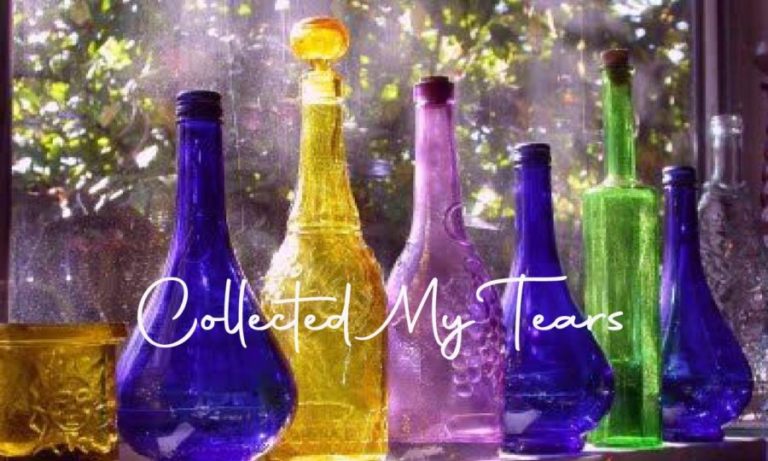
Oh my word, what an amazing woman. Thank you so much for sharing her story!
Helen, Thank you for sharing your story. The world must never forget the Holocaust! God Bless You.
Wow
She is a beautiful soul ?
My grandfather helped liberate Buchenwald, and he said that they were told the same thing. He said that Eisenhower sent a directive that every enlisted man needs to see the camps, because someday someone will say that it didn’t happen ?
I thank Helen for sharing her story. May God continue to richly bless her life.
Thank you so much for sharing this story. We must never forget.
Helen, You are a true overcomer and I won’t forget! Thank you for sharing your story with Melony!
Thank you so much for sharing this amazing story.